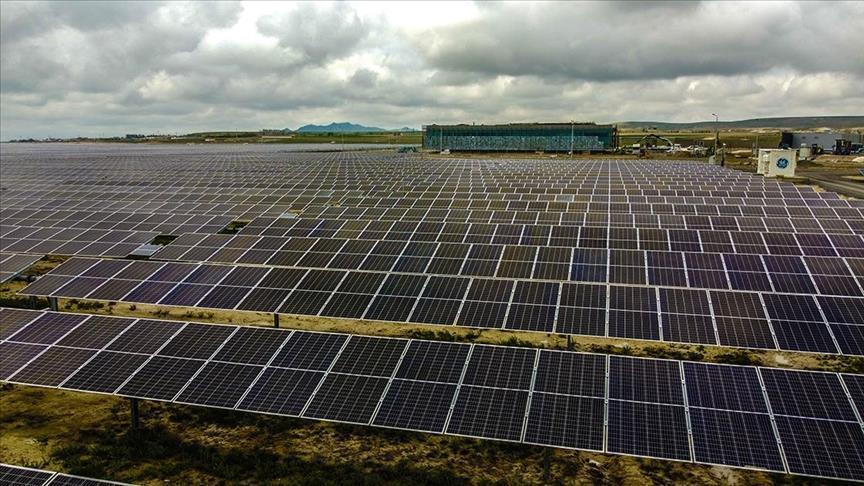Home to half of the world’s population and contributing a third to the global GDP, the Asia Pacific region is expected to maintain a 50% share of global primary energy demand and a 60% share of global carbon emissions by 2050, according to Wood Mackenzie’s Asia Pacific Energy Transition Outlook (ETO) report on Thursday.
However, the report underlines that this trend is unlikely to change without strong policy action and investment.
According to Wood Mackenzie, the region still has the potential to turn these challenges into opportunities and become a global leader in the energy transition.
Commenting on the report outcome, Prakash Sharma, vice president, scenarios and technologies research at Wood Mackenzie, stated that every country in the Asia Pacific region is vastly different in terms of population growth, economic development, policy landscape, what natural resources they have, and, more importantly, what they do not have, which will determine how they transition to a low-emissions pathway.
According to Wood Mackenzie’s base case scenario, the Asia Pacific electric vehicle (EV) stock is projected to rise from the current 24 million cars to a staggering 635 million units by 2050.
In Wood Mackenzie’s base case, low-carbon supply accounts for 35% of power generation today, but is projected to rise to 75% by 2050, while the share of wind and solar will increase to over 54%.
China is set to achieve a cumulative solar and wind capacity of 2,000 gigawatts (GW) by 2030, exceeding the country’s target.
By 2050, Australia is poised to lead the Asia-Pacific region in renewable power generation, with a share of more than 80% in the base case scenario.
This rapid growth in variable renewables is accompanied by the adoption of energy storage, hydrogen, small modular nuclear reactors and geothermal technologies.
By 2050, nearly 50% of the world’s new technology opportunities for low carbon emissions will be in the Asia-Pacific region.

